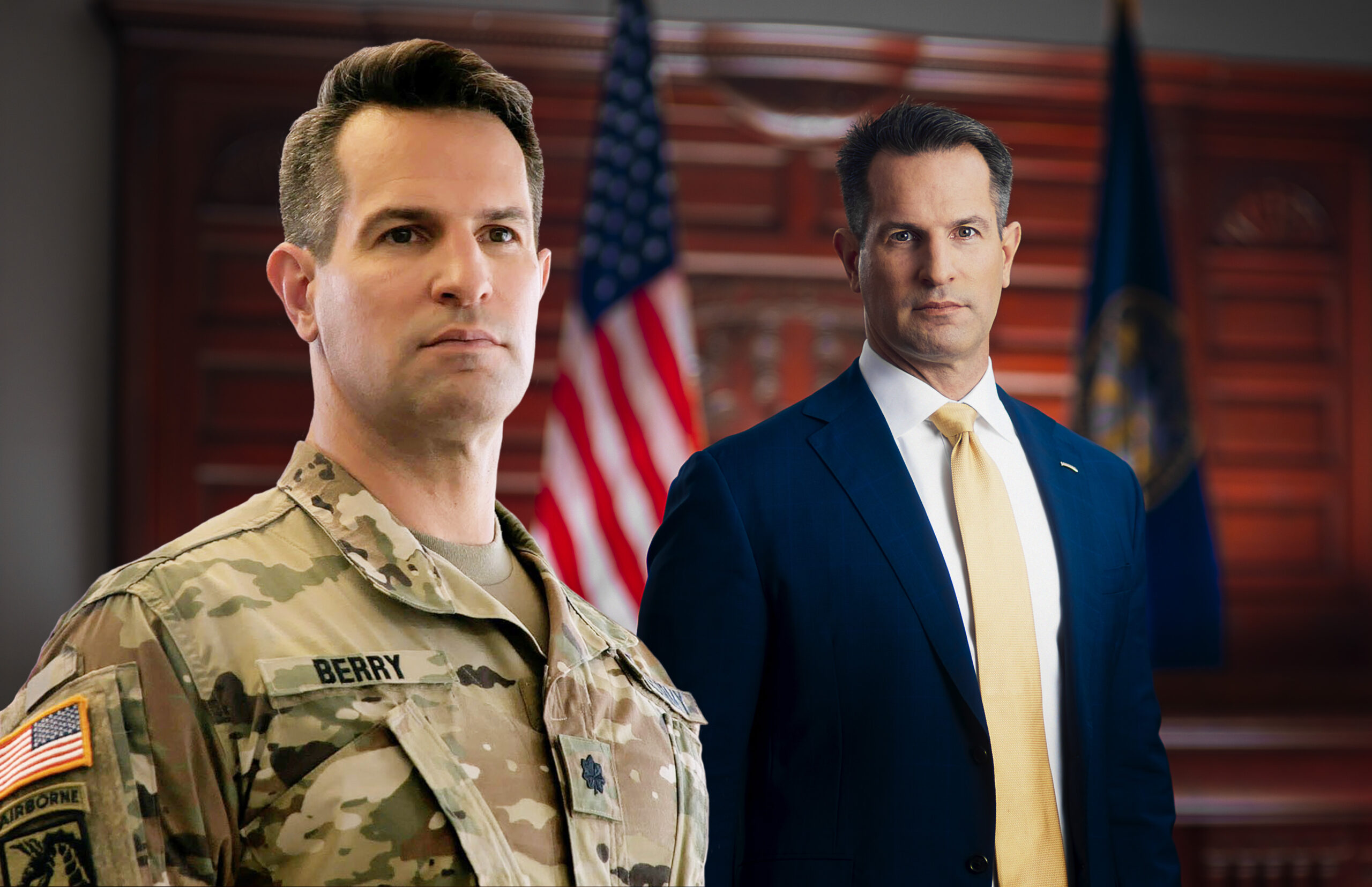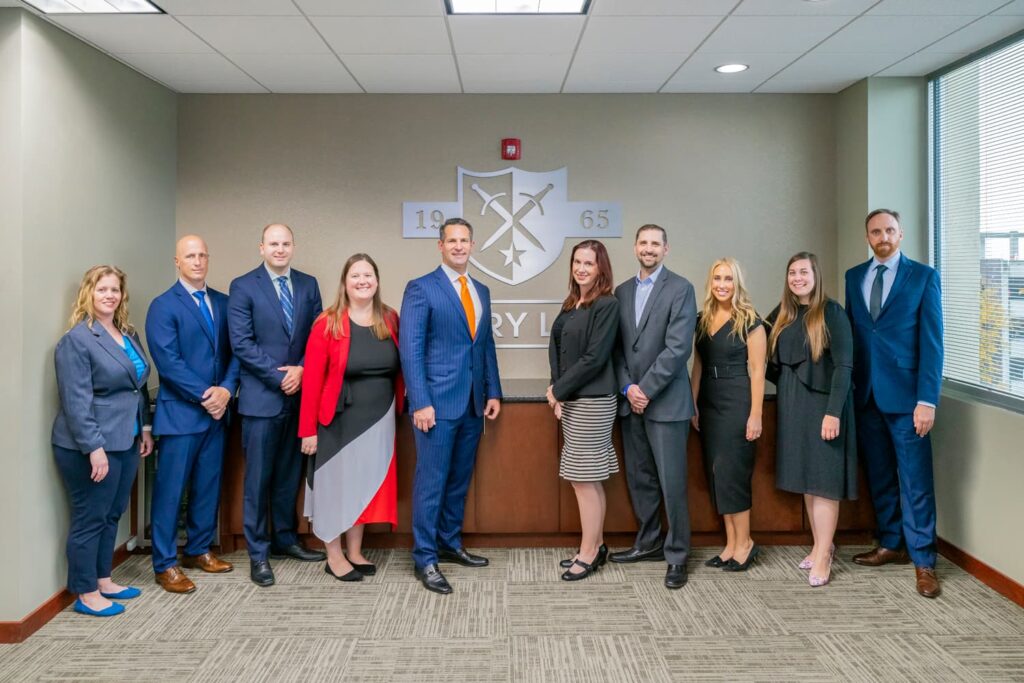
Extreme cold weather can result in injuries with long-lasting effects. In the context of VA claims, “cold weather injury residuals” refer to the long-term effects or lingering issues resulting from injuries or illnesses caused by exposure to cold weather during military service. Training in the cold, especially when there’s ice and snow, can result in hypothermia, frostbite, chilblains, immersion/trench foot, dehydration, snow blindness, and sunburn.
When filing a VA claim, you must provide documentation and medical evidence of the initial injury and any ongoing effects to support your compensation case.
Veterans can seek disability compensation by filing a claim for health issues they attribute to cold injuries during their military service.
If you need assistance with your VA disability claim related to cold weather injuries, consider consulting a VA disability benefit lawyer.
In the realm of VA disability ratings, residual conditions represent the lasting effects of a service-related disability, establishing a link between the current ailment and the individual’s military service history. Cold weather injury residuals are compensable claims by the VA.
For Veterans of World War II or the Korean War, cold weather injuries were common, but not commonly treated at the time of the injury.
World War II Veterans who fought in the Battle of the Bulge from December 1944 through January 1945 were exposed to extremely cold conditions.
Some Korean War Veterans, specifically those who were part of the Chosin Reservoir Campaign, are presumed to have cold injuries because so many suffered from cold injuries. This campaign was conducted from October 1950 through December 1950.
Veterans who participated in Operation Enduring Freedom in Afghanistan were often exposed to severely cold temperatures.
If you participated in cold weather training and suffered a cold injury, you may be able to claim cold injury residuals. However, if you weren’t treated for cold injuries during service, you’ll need to find evidence of a cold injury. A buddy statement from someone who served with you, or a doctor’s opinion that your current disability was caused by a cold weather injury while in service will be important.
Cold-weather training holds significant importance in the military. Military operations occur in diverse environments, including cold climates. Cold-weather training ensures military personnel are prepared to operate effectively in extreme conditions, maintaining their combat readiness.
Training in cold weather teaches essential survival skills, such as building shelters, navigating through snowy terrain, and effectively using cold-weather gear. These skills are important in case of emergencies or unexpected deployments to cold regions. Soldiers trained in cold weather are more versatile and adaptable to a variety of missions, including those in Arctic or mountainous regions. This flexibility enhances the military’s capability to respond to different scenarios.
Understanding the challenges posed by cold climates allows military leaders to plan strategically for potential operations in such environments. This foresight is essential for effective mission planning and execution.
However, training in cold weather exposes military personnel to extreme temperatures, increasing the risk of cold-related injuries such as frostbite, hypothermia, and cold-induced circulatory problems. Cold-weather training often involves strenuous physical activities, which, combined with the environmental challenges, can lead to exhaustion and an increased vulnerability to injuries.
Improper use or malfunction of cold-weather gear can contribute to the risk of injuries.
Balancing the necessity of cold-weather training with the potential risks requires a comprehensive approach that prioritizes the safety, preparedness, and well-being of military personnel. Training programs must continuously evolve to address emerging challenges and ensure the optimal readiness of military forces in any environment.
Cold weather injuries may have a period where there are no symptoms but worsen with age. Both freezing injuries (like frostbite) and non-freezing injuries (like chilblains and trench foot) can result in problems with nerves and circulation. You might experience bouts of pain in the extremities, hot and cold tingling, and numbness. Or you might have trouble with circulation, where your extremities go white when cold and are very slow to warm back up.
Examples of cold injuries in the context of VA claims may be both physical and mental and may include:
The VA recognizes additional long-term health problems at exposure sites, like skin cancer in frostbite scars and other changes in muscles, skin, ligaments, nails, and bones.
In addition to lingering physical problems, cold weather injuries can result in emotional and psychological impacts. Living with chronic pain and physical limitations can contribute to mental health challenges, including depression, anxiety, and frustration. Coping with the long-term consequences of cold injuries may necessitate mental health support.
Veterans may need to adapt their lifestyles to accommodate physical limitations. This adjustment process can be emotionally taxing as it involves redefining daily routines and potentially giving up certain activities.
Cold weather residuals can also influence social interactions and relationships. You may find it challenging to engage in social activities or maintain relationships due to physical discomfort or the emotional toll of your condition.
Physical limitations from cold weather injuries may affect your ability to work or pursue certain careers. Navigating the professional landscape with cold weather residuals may require adjustments and support. This potential loss of income is an important reason to seek VA disability benefits.

While the general process of filing a VA disability benefits claim applies, filing for cold weather injury residuals involves specific considerations. These are related to documentation, medical evaluation, and proving the connection between the current condition and military service. Seeking guidance from legal professionals experienced in Veterans’ benefits can be particularly valuable in these cases.
There are specific considerations related to the nature of cold weather injuries for these types of claims versus filing other types of VA disability benefit claims. Here are some key differences:
Medical evaluations for cold weather injury residuals may require specialized knowledge to assess the long-term effects of conditions like frostbite, peripheral neuropathy, or cold-induced vasospasm. The medical evaluation should establish a clear connection between the current residual condition and the cold injury sustained during military service. This linkage is vital for the VA to recognize the disability as service-connected.
In certain cases, such as the Chosin Reservoir Campaign during the Korean War, there may be a presumption that Veterans who served in those campaigns have cold injuries. This simplifies the process of establishing the link between the current condition and military service, as the connection is presumed to exist.
Veterans with presumed service connection have an easier path to eligibility for disability compensation. Veterans benefit from a reduced burden of proof when applying for disability compensation related to cold injuries. The presumption shifts the responsibility from the Veteran to the VA to establish the connection between the current health condition and the military service during the specific campaign.
The VA often streamlines the claims process for Veterans with presumed service connection. This may involve faster adjudication of claims and a more efficient review process, recognizing the inherent risks and challenges faced during the identified campaigns.
The presumption not only applies to the primary condition, such as cold injuries but may also extend to related or secondary conditions that can be reasonably attributed to the initial health issues. This comprehensive approach ensures that you receive appropriate compensation for all related health concerns.
Given the nuances of cold weather injury claims, you may benefit from talking to a lawyer who has experience in handling claims related to environmental exposures. Your attorney can navigate the complexities and present a compelling case.
At Berry Law, we’re more than a law firm; we’re a team of Veterans who understand the challenges you face. We believe Veterans deserve every benefit owed to them. Our lawyers are experienced in handling VA disability benefits claims for cold weather injury residuals. We help you navigate the complexities of disability claims, ensure you meet all requirements to qualify for disability benefits, gather essential evidence for your case, and advocate for the maximum benefits you have earned.
Our team is ready to stand by your side, just as you’ve stood for our country. Call our legal team at 888-883-2483 or fill out our online contact form. We represent Veterans in all 50 states and our legal team is available to you 24/7. Your fight is our fight. Let’s secure the benefits you deserve together.
Our monthly newsletter features about important and up-to-date veterans' law news, keeping you informed about the changes that matter.